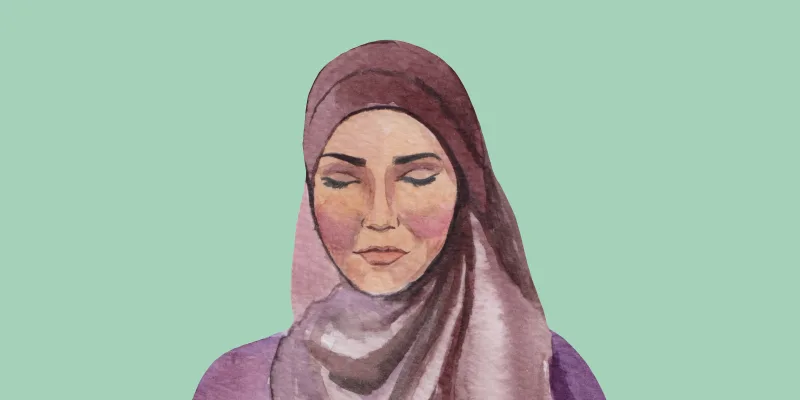
This is part of the Medical Humanities Series on Op-Med, which showcases creative work by our members. Do you have a poem, short story, creative nonfiction or visual art piece related to medicine that you’d like to share with the community? Send it to us here.
Click and click and click again, undone in iterations It is the modern healer’s lament The sublime buried under countless bits of pixelated information.
Now scheduler, now scribe, now secretary, of purpose, a corruption Swept into a current of hurried discontent Click and click and click again, undone in iterations.
Disease and human suffering quantified into submission To the new Gods, Revenue and RVUs, everything must relent The sublime buried under countless bits of pixelated information.
A never-ending box of tasks, a source of desperation The healer sees no choice, but to swallow her dissent Click and click and click again, undone in iterations.
A laying of hands, an anguish relieved, a mending through connection A diagnosis, once obscure, now made evident The sublime buried under countless bits of pixelated information.
Ever-anchored by the shared transience of our condition Hippocrates’ promise to Apollo not gone, but seeming distant. Click and click and click again, undone in iterations The sublime buried under countless bits of pixelated information.
What inspired this piece?
This piece is a villanelle, a poem with a specific rhyme scheme. It was inspired by an especially long evening spent emptying a seemingly bottomless inbox in the electronic medical record after a full day of providing care to medically complex patients. The poem was also the culmination of conversations I have had with countless physician colleagues and friends, of varying specialties and practice types, in which I have heard common concerns about the current practice of medicine. There is a nearly universal feeling of loss — a sense that, unwittingly, the infrastructure of modern medicine seems to move us farther and farther from our patients and often from what gives us meaning in our profession. It is important to confront this topic and the implications that it has for physicians and other clinicians rather than to present an overly idealized view of what it is to practice medicine.
Why did you choose this form?
Poetry is the ideal literary form for those who have limited time. A structured poem, such as haiku or villanelle, allows its writer to express herself in a way that is both creative and disciplined.
How long have you been writing poetry? How did you get into it? How does it relate to your medical practice?
I have been an avid reader and writer since I was a child. My love of writing grew out of several English classes in primary school (thanks especially to my 10th grade English teacher Phyllis) and was cultivated in my college years as a political science major. Since then, I have written both poetry and prose. Medicine is art but art is also medicine. Writing, often about topics unrelated to medicine, has helped me get through tough times as a physician and has allowed me reground myself in what matters most.
Is there anything else you'd like to tell us about your involvement in or views on creative arts and medicine?
Medicine, and the healing of the human body, mind, and soul will always be part art!
Archana Maniar is an infectious disease physician, hospital epidemiologist, associate clinical professor, and long-term scribbler who practices in northern California.
Illustration by Jennifer







